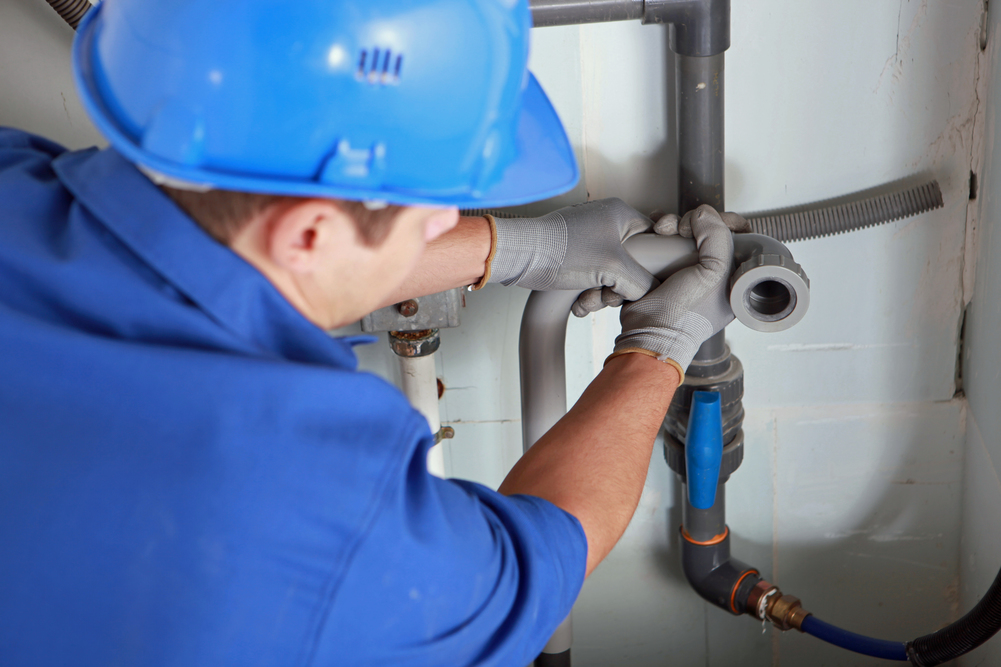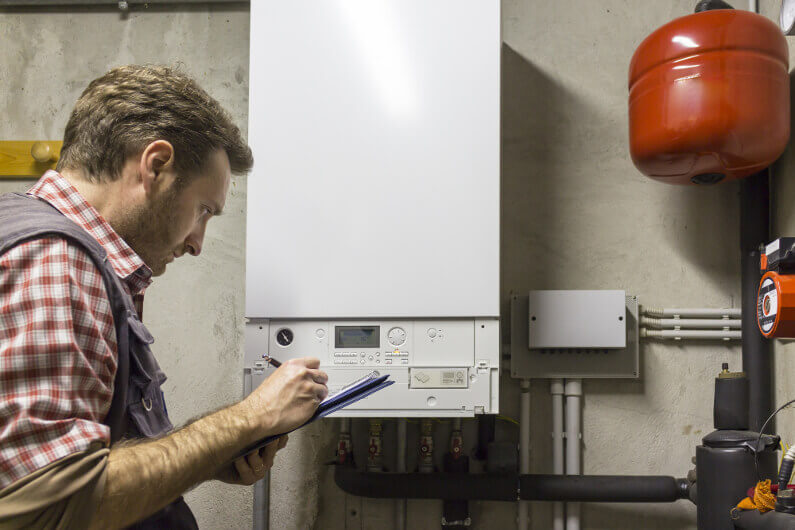Don’t Allowing The Six Habits Damage Your Plumbing
Don’t Allowing The Six Habits Damage Your Plumbing
Blog Article
Have you been looking for advice about Don’t Let an Earthquake Damage Your Plumbing?

The secret to durable home appliances, unsurprisingly, appertains upkeep. There's no hard and fast regulation that can ensure your plumbing home appliances a lengthy wear, however you can prevent unneeded damage and also repair work by avoiding poor plumbing habits.
You need to stop doing these 6 points else you'll maintain calling your plumber over for minor faults.
Flushing whatever
Yes, your toilet drain leads to the drains, but that does not mean you must dump simply anything down the drain. Several 'flushable' materials are in fact fantastic obstruction starters, as an example dental floss. Asides keeping noticeable non-flushable materials like cords and plastics out of your bathroom, you should likewise stay clear of flushing cotton buds, menstruation items, wipes, daipers and prophylactics down the commode drain.
DIYing whatever
With plumbing, a stitch in time actually does save nine. You can prevent a fullblown plumbing emergency by calling your plumber at the right time.
You might have learnt a few plumbing hacks from your papa, but you should certainly know where to draw the line as well as call an expert. As an example, you might be able to take care of an obstruction on your own, but you shouldn't attempt to transform a pipe. You could mismatch pipelines or overtighten a screw, triggering even more injury and also damages than you thought. Calling a plumber is a safe as well as inexpensive decision.
Using excessive drainpipe cleaner
Making use of a drain cleaner more than one or two times a month is an indicator that something significant is going on within your pipes. Now, instead of dealing with the primary problem, you choose a quick fix; a carbonated drainpipe cleaner. Rightfully, a drainpipe cleaner will take care of the obstruction, yet at what price?
The chemicals in a drainpipe cleaner can quicken the rust of your pipes. Add that to whatever underlying trouble is creating the clog and you may have to a serious problem on your hands.
If you experience too many clogs, call your emergency plumber as opposed to making use of a drain cleaner.
Pouring grease in the sink
We understand properly disposing of oil after a hearty meal is a discomfort. Yet just pouring it down the tubes can do long-term harm to your pipes. "The fat and oil can block your drain severely adequate to require you to call a plumber," describes Dawson. "Plumbing functions best when it's well looked after-- not abused with oil."
Not altering your dishwashing machine hose pipes
One simple method to guarantee that you use your dishwasher for many years is to replace the hose at the very least as soon as in 5 years. This also requests cleaning maker hose pipes.
In time, food particles, soap and also grease can form obstructions within your pipes. Replacing them promptly will certainly stop any type of presure build up that can harm the internal operations of your dishwashing machine or washing equipment.
A strengthened steel braided pipe does a terrific job of lengthening your device's usage time.
No wintertime precautions
Severe weather conditions misbehave for your pipes, specifically if they're made from steel. You should protect your exposed pipelines, and your water container, even if you have a water heater. You need to also switch off your garden pipe valve as well as any other external water channels. These networks are outlets for chilly; you pipes can begin to freeze from outside if you do not.
Prevent Water Damage from Plumbing and Appliances
Prevent toilet failure
Be patient after you flush and wait for the valve to completely finish refilling the tank and bowl. If an overflow looks imminent, lift off the tank cover and lift the float to shut off water flow to the tank, and then turn off the supply valve.
Twice a year, inspect a toilet’s components, such as the fill, supply, and flush valves, and the supply line. Make sure you can turn off the supply. If you have older screw type valves that are hard to turn or start leaking, consider replacing them with simpler ball valves that are easy to shut off quickly.
Inspect and maintain your water heater
Inspect your anode rod every two years, or every year once the warranty has expired, to determine if it needs to be replaced.
Flush water heater tanks every six months to remove sediment by attaching a garden hose to the valve at the base. For safety, first turn off the power and run hot water until it is cool.
Get an annual inspection from a plumbing professional including the shut-off valve and all piping. Signs of broken valves and loose or wet joints and rust are a sign that more severe damage is coming.
Maintain washing machine supply lines
Look for signs the supply hose may be ready to fail—blisters in the hose, worn tubing, stress cracks, or a loose connection.
Replace the supply hose with a reinforced steel braided hose if it shows any sign of wear.
Tighten the connection if it feels loose. The most common site of failure is near the connection where the hose bends.
Replace supply hoses every five years, even if there is no obvious deterioration or wear. Some signs of deterioration may occur from the inside out and may not be visible until it is too late. When replacing washing machine supply hoses, always choose a reinforced steel braided hose over the traditional un-reinforced rubber hose. These hoses will last longer and are far less likely to result in a catastrophic water loss.
Prevent plumbing failure
Never pour grease down the drain.
Plant trees away from lateral drain lines to prevent roots from damaging piping.
If your home’s sewer system is connected to the city’s sewer system—a particular problem for older homes—or if you are located downhill or below street level, contact a plumbing professional to install a backflow prevention assembly into your sewer system.
Call a professional if you notice signs of a plumbing problem—an increased monthly water bill, banging pipes, rust stains, moisture in the walls or on the floor, and signs of wet soil erosion near the foundation.
https://disastersafety.org/maintenance/prevent-water-damage-from-plumbing-and-appliances/

Hopefully you enjoyed our topic on Can Hard Water Ruin Your Appliances?. Thanks a lot for taking the time to read through our content. Are you aware of another individual who is truly interested in the niche? Feel free to share it. I praise you for your time. Visit again soon.
Source This Article Report this page